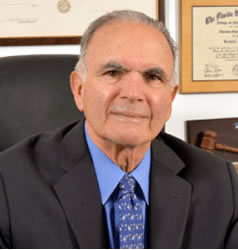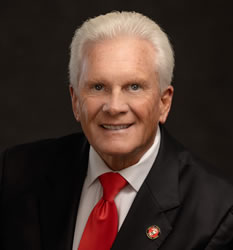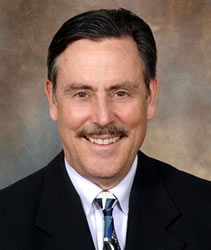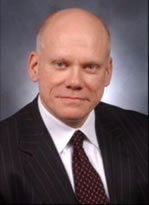7/19/2024· Psychiatry
Comparisons of Males and Females With DSM-III Dependent Personality Disorder
By: Dr. James Reich
To determine whether DSM-III dependent personality disorder (PD) differed in males and females, 30 females and 11 males with this diagnosis were selected from a psychiatric outpatient population. Standardized measures of Axis I, Axis II, and family history were used.




















